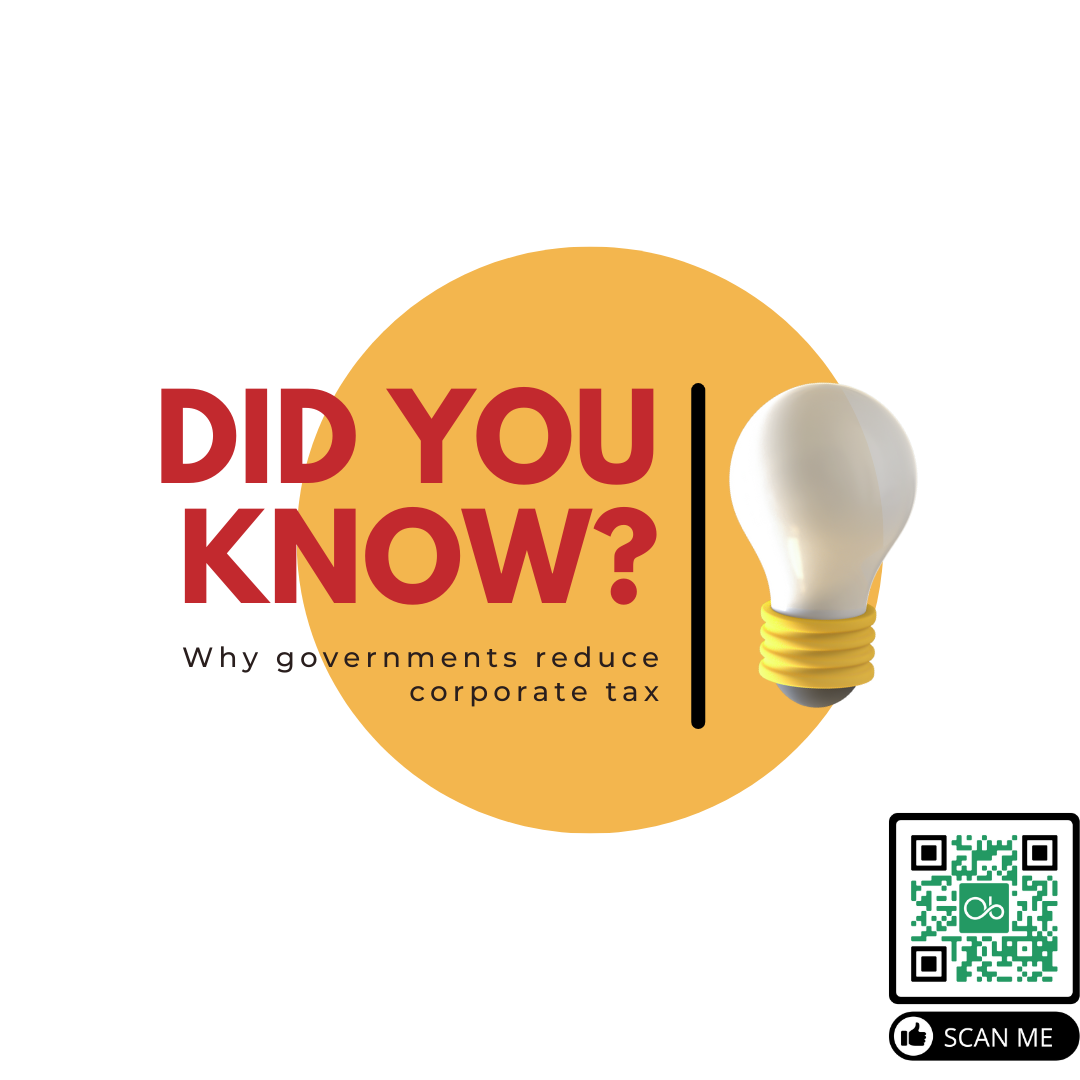In the coming weeks and months, Cameroon will be followed closely by businessmen and women looking to start or expand their businesses in the Central African country.
The perception that doing business in Cameroon is a pain is largely overstated. On average, the government’s latest measures will result in savings for small businesses per year.
These savings can be used to expand activities or employ more Cameroonians. If you run a large company with tens of employees, the tax cut will more than pay for itself in the first year.
However, the benefits of a competitive tax system are twofold:
On the one hand, the government makes a little bit of money, which it can then use to fund other projects.
On the other hand, a more attractive tax system will make more people do business in Cameroon.
It relies on a degree of entrepreneurial accountability: If Cameroon loses out on additional business to tax havens, the country will only send this money out of the country.
Read Also: Cameroon to Reduce Corporate Tax Rate from 28% to 25%
And don’t forget to evaluate the ideal tax rate: The more competitive a country’s tax system, the more likely it is to be do business.
All-round businesses will be hardly affected by these tax changes. However, big companies with more than XAF3 billion yearly turnover will suffer, and in some cases, deeply. This is because their corporate tax rate still stands at 30%.
To say they’ve been suffering for some time is an understatement.
The new corporate income tax rate of 25% should be a huge boost for state revenues in Cameroon as many informal small businesses will want to regularize their status and become legal.
Also Read: Pros & Cons of a Low Corporate Tax Rate
The new tax rates are significantly lower than in neighboring countries like
- Chad – 35%
- Central Africa Republic – 30%
- Gabon – 30%
- Equatorial Guinea – 35%
- Congo – 30%
It will make Cameroon a particularly attractive destination for companies requiring tax considerations and expanding their geographies.
Generally speaking, the economic attractiveness of a country, and the incorporation investment climate has a significant impact on the levels of business activity and tax revenues across regions and national borders.
Countries with higher corporate tax rates and lower regulatory standards are usually more attractive for investors. An example to this is the United Arab Emirates, with a 2021 tax rate of up to 55%. Corporate Income Tax is payable in the UAE under a progressive rate system.
Analysts believe that lowering the corporate tax rate is an important point, that will have a direct impact on the level and volume of foreign investments and growth in local businesses, which in turn strengthen the country’s industrialization.
Discover more from OpenHub Digital
Subscribe to get the latest posts sent to your email.


